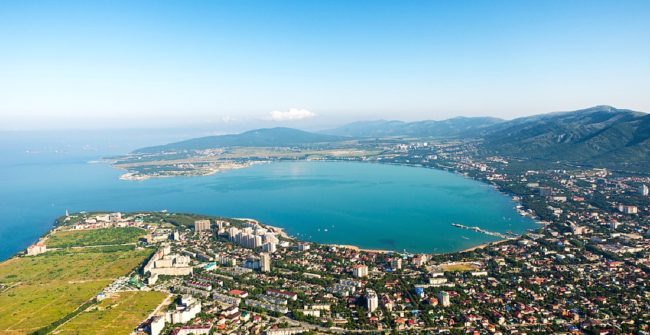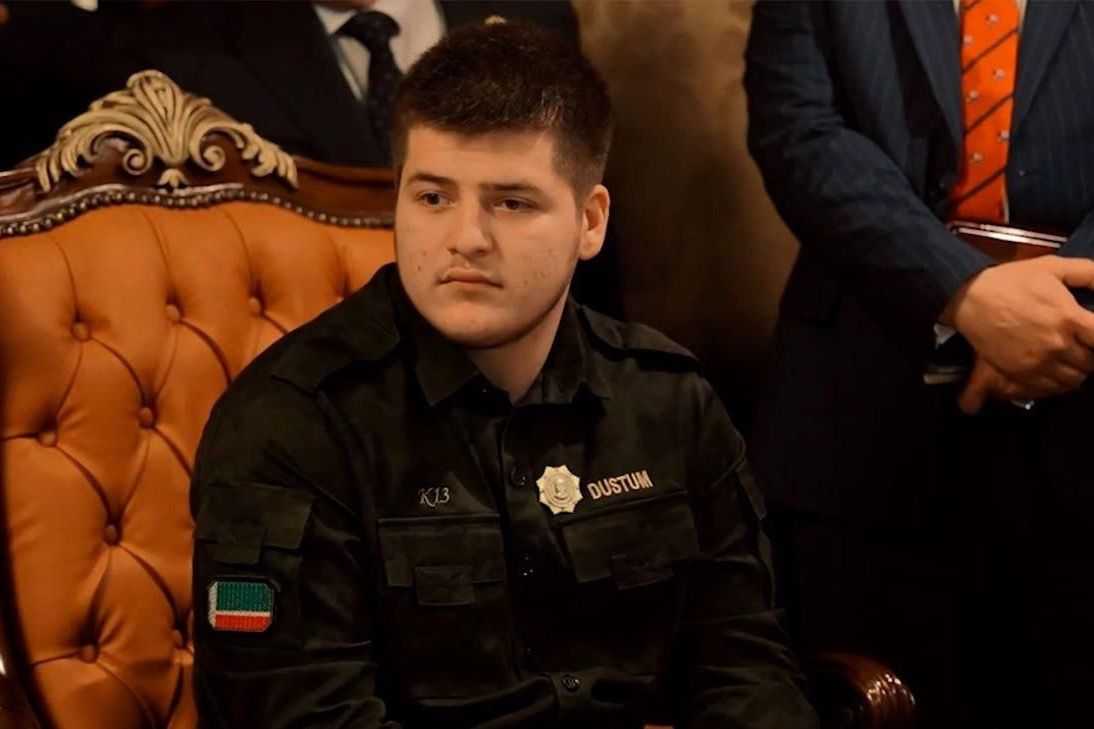

 Authorities in a number of cities in Krasnodar Krai have rejected a request to hold queer pride parades and street rallies. A number of local queer rights activists have been critical of the request, arguing that it could jeopardise their work.
Authorities in a number of cities in Krasnodar Krai have rejected a request to hold queer pride parades and street rallies. A number of local queer rights activists have been critical of the request, arguing that it could jeopardise their work.
Queer rights activist and founder of the Moscow gay pride Nikolay Alekseyev published a picture of his request to Sochi city authorities to conduct a queer rally there, as well as a call to turn the city of Gelendzhik into ‘the main gay resort of Russia similar to the Spanish Sitges’. Alekseyev also sent similar requests to three other cities in Krasnodar Krai: Anapa, Tuapse, and Novorossiysk.
On 24 August, the authorities of Anapa and Gelendzhik rejected the activist’s request, referring to Russia’s law on ‘propaganda of unconventional sexual relations among minors’.
‘This refusal will be appealed in court, and the case will be brought to the European Court of Human Rights if necessary’, Alekseyev wrote on his Facebook page. The post was removed after the article was published.
‘People aren’t ready to attend such public events’
Tatyana Shirokova, the head of the Krasnodar-based queer movement, Revers, told OC Media that Alekseyev was acting on his own behalf, and did not represent the queer community.
‘Our LGBT community is closed, people are afraid. Many are afraid to even contact us. When they see such statements [as Alekseyev’s], they say: “Ah! You want to organise the parades! No, thank you, it’s hard for us even without them and we’re afraid it’ll get worse”. And we were not even planning to organise them. This is being done by one person and he doesn’t cooperate with any human rights organisation. Where should we parade? We had Cossack patrols disperse our feminist festival, they took young women and children to police stations’, Shirokova said.
According to her, Alekseyev approached the authorities knowing he would be refused, to ‘show the European community how Russia doesn’t fulfil its constitutional obligations’.
‘He has sent dozens of such notices to the authorities in the country. This is a quantitative attack. His activism stops with these papers. Such activism doesn’t help, it’s all being done for appearances. We must understand that the [queer] people who live on the ground [in Krasnodar Krai] aren’t ready to attend such public events’, Shirokova said.
Shirokova is not entirely critical of Alekseyev’s activities.
‘There is more than one side to his letters to the authorities. In a way, he is right when he says: “What difference does it make where to hold a parade or a gay rally? Our constitutional rights are infringed upon anyway”. It’s as if he was reminding society that we exist as well. How society sees it — that’s another issue’, Shirokova told OC Media.
‘Still, we must remember the risks. In cities where people don’t know Alekseyev, aggressive individuals might think that the idea of holding LGBT events is from local activists. This can jeopardise all of their work on the ground’, Shirokova added.
Calls for reprisals
In March, Alekseyev and several other activists from his queer rights project, GayRussia.ru, applied to the authorities of four North Caucasian cities to conduct a series of gay pride parades in Nalchik in Kabardino-Balkaria, Cherkessk in Karachay–Cherkessia, Maykop in Adygea, and Stavropol. The news was widely discussed in local social networks provoking a large number of angry reactions, including calls for reprisals against queer people.
Novaya Gazeta wrote in April that ‘at the same time, a command was given in Chechnya to conduct “preventive cleansing” which led to real murders’.
Chechen authorities launched a major operation targeting suspected queer men in late March. Reports from a number of men who escaped detention detail the systematic torture and murder of detainees.
Since April, Russian activists have managed to evacuate more than seventy queer people from Chechnya. Appeals for help are still being received.
Activists involved in efforts to assist queer people in Chechnya told OC Media that young people suspected of homosexuality are still going missing in the republic.
[Read on OC Media: Witnesses detail continuing anti-queer purge in Chechnya]
The article was amended on 26 August 2017.









